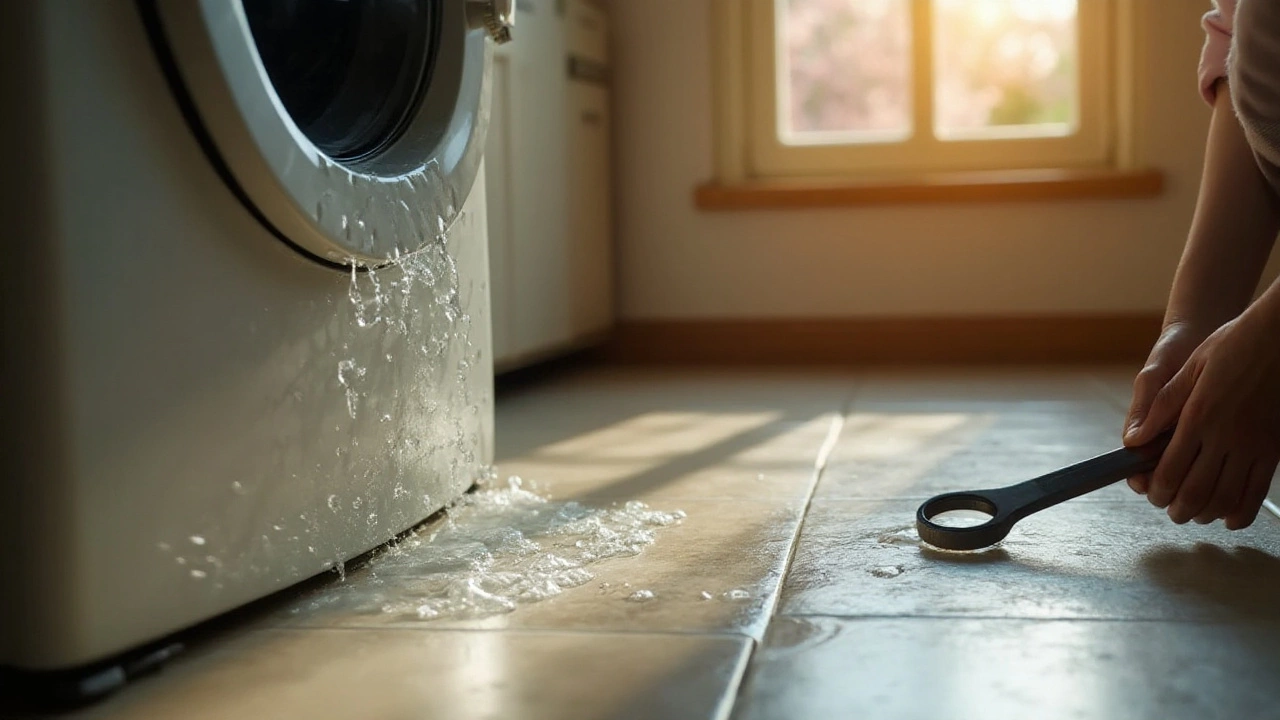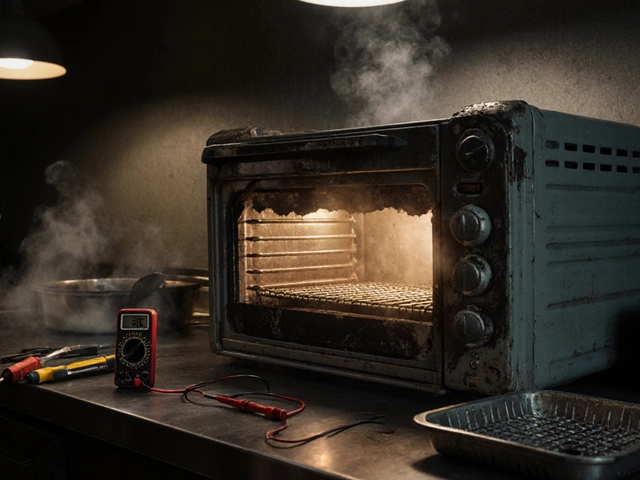If your washer is making weird noises or the cycles take longer, it’s probably trying to tell you something. A few easy habits can stop small problems from becoming costly repairs. Below are the most useful tips you can start using today.
Residue builds up inside the drum, around the door gasket, and in the detergent drawer. Every month, run an empty hot‑water cycle with a cup of white vinegar or a specialised washing‑machine cleaner. Wipe the seal with a damp cloth and pull out the dispenser tray to scrub away powder deposits. This stops mould, odours, and blocked water flow.
Most front‑loaders have a lint filter near the bottom of the drum. Pull it out, rinse it, and drop any debris back into the tub. The water inlet filter, located where the hose connects, can get clogged with minerals. Unscrew the hose, remove the filter, and rinse it under running water. Inspect the drain hose for kinks or buildup; a clear path means the washer can empty properly.
Don’t forget the external water supply hoses. Over time they can develop cracks or leaks. Replace them every five years or sooner if you see wear. Tighten all connections before each use to avoid drips.
Overloading the drum throws the machine off‑balance, causing excessive vibration and wear on suspension parts. Aim for a load that fills the drum about three‑quarters full. Likewise, using too much detergent creates excess suds that can overflow into the pump, leading to clogs. Follow the product label for the correct amount based on load size and water hardness.
If you have a high‑efficiency (HE) washer, only use HE‑labelled detergent. It produces fewer suds and rinses cleaner, which protects the pump and seals.
Notice any of these? – A burning smell, water pooling at the base, error codes on the display, or the drum not spinning. These clues usually mean a pump, belt, or motor is on its way out. Catching them early lets you call a professional before the part fails completely.
Our Bognor Regis Appliance Repair Experts can diagnose and fix these issues fast. A quick service call often saves you from a full replacement, especially if the machine is still within its typical 10‑12‑year lifespan.
Even with diligent DIY care, a qualified technician should inspect the washer once a year. They’ll tighten internal bolts, lubricate moving parts, and test the electronic controls. This preventative check keeps performance steady and can extend the machine’s life by several years.
When you book a visit, mention any unusual noises or error codes you’ve seen. The more info you give, the quicker the tech can pinpoint the fault.
By following these maintenance habits, you’ll enjoy clean laundry, lower energy bills, and fewer emergency call‑outs. A well‑kept washing machine works quietly, lasts longer, and saves you money – all without any magic, just a little routine care.

Washing machines are among the most used household appliances, making them prone to various problems over time. This article explores the most frequent issues like leaks, drainage problems, and strange noises. Understanding these problems can help in diagnosing issues quickly and considering effective repairs. The article also offers helpful tips to maintain your machine and keep it running efficiently for years. Simple maintenance steps can prevent most common problems from occurring.

A malfunctioning boiler can be a real nuisance, especially during the cold months. Understanding whether a broken boiler constitutes an emergency is crucial. This article provides insights into when to prioritize boiler repairs, potential risks associated with delayed attention, and essential DIY tips to consider before professional help arrives. Dive into valuable advice on maintaining your heating system efficiently.

Leaving an electric oven on overnight sounds harmless, but it could spell real trouble. Learn the risks, facts, and safer options for your late-night cooking needs.

Cracks in electric hobs can show up suddenly and cause real headaches in the kitchen. This article looks at why electric hobs crack, from common mistakes to sneaky issues with installation. You'll get practical tips on how to prevent damage and handle minor cracks. Find out when you can fix a hob yourself and when it's smarter to call for professional help. Stay ahead of costly repairs and keep your cooking space safe.

Curious which washing machine brand stands up best to repairs and everyday wear? This article digs into brand reliability, repair costs, and little-known tips every washing machine owner should know before buying or fixing one. You'll get the real scoop on which brands are easiest to fix, which have the cheapest parts, and what actually ends up causing most breakdowns. Whether you've had bad luck with machines before or just want a smooth laundry routine, this guide breaks it all down. No bias, just straight talk based on what actually happens when these things break.

If your electric oven isn't heating, it's usually due to a broken element, faulty thermostat, or blown thermal fuse. Learn how to diagnose and fix the most common causes quickly and safely.